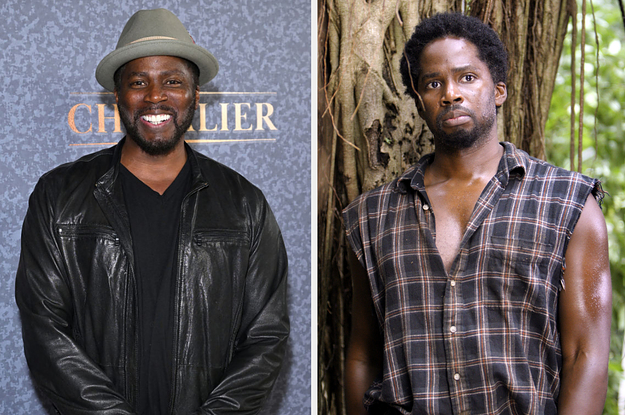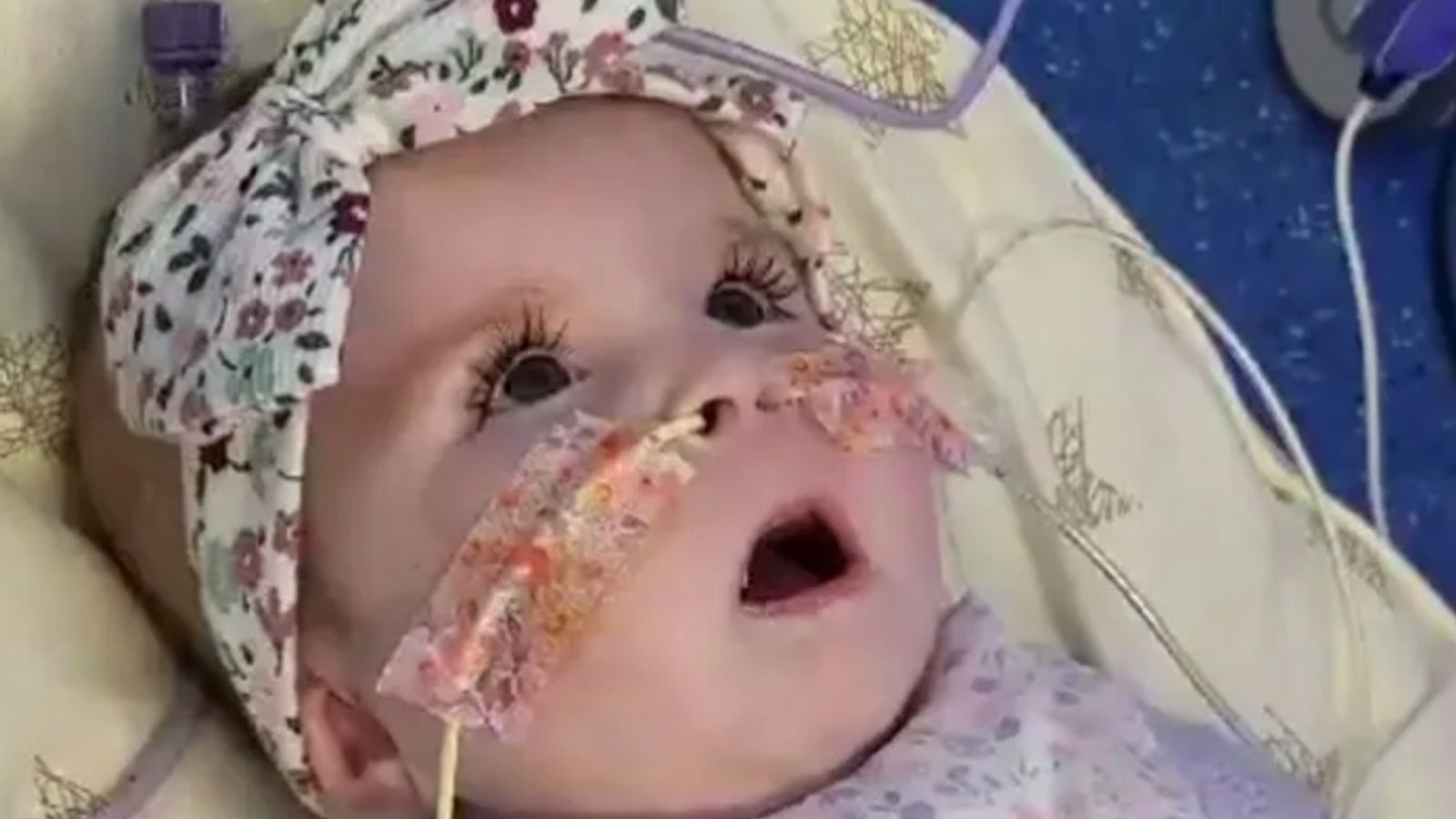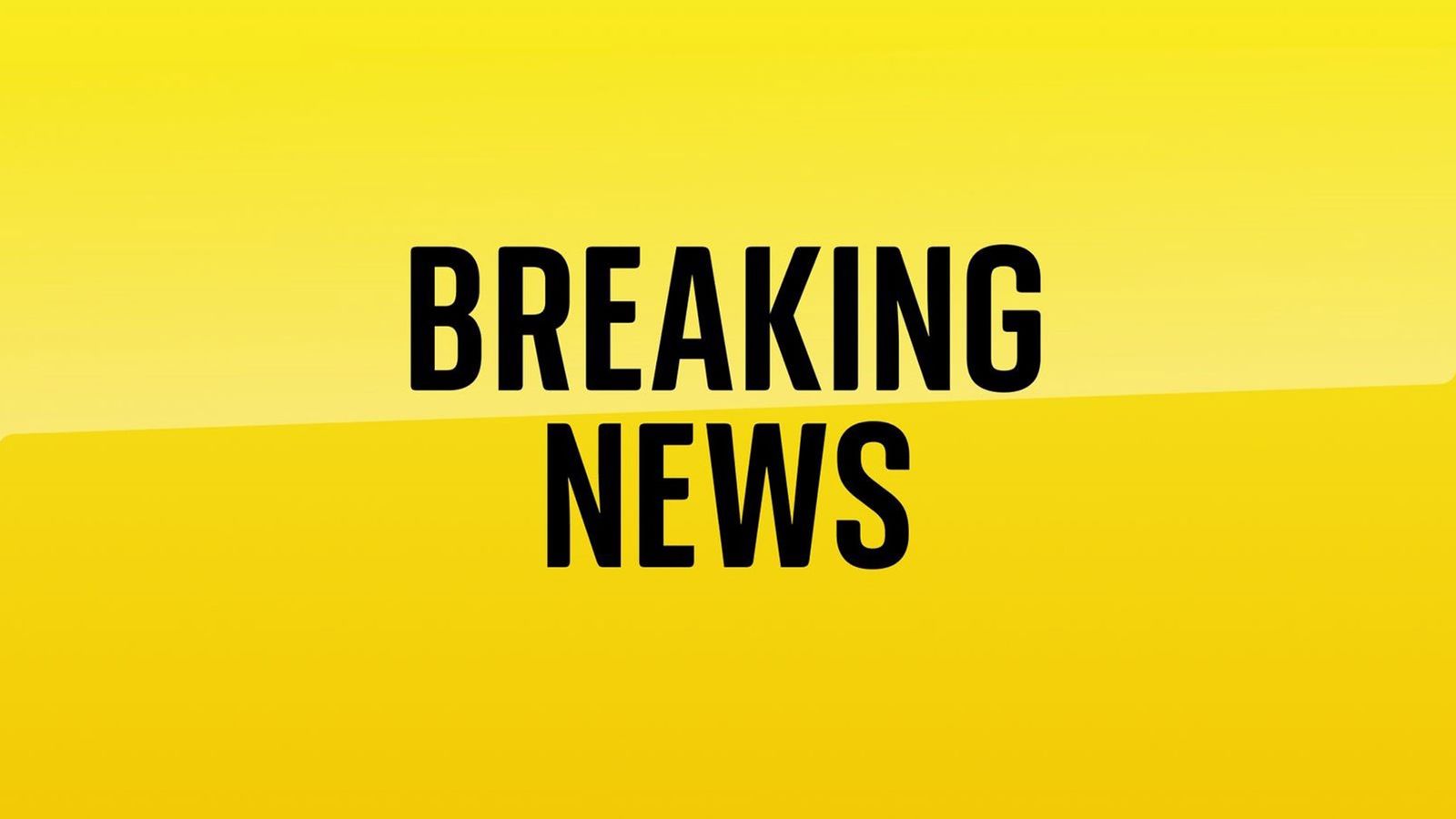Union bosses have defended one of their organisers amid reports he has taken holiday during a four-day strike by junior doctors.
Members of the British Medical Association (BMA) have begun their second day of industrial action over pay and working conditions, with thousands taking to the picket line.
However, the government has insisted they will not enter negotiations with the union unless they drop their demand for a 35% pay rise to restore their wages to 2008 levels and call off further walkouts.
Politics live: Junior doctors enter second day of strike action
Reports surfaced overnight that one of the main organisers of the strikes, the BMA’s junior doctors committee co-chairmen Dr Robert Laurenson, had taken holiday while his colleagues were taking action.
A union spokesperson said he was “fulfilling a long-standing commitment to attend the wedding of a family friend”, adding: “We aren’t going to disclose further personal information but he remains actively involved in the planning of the dispute.”
As the 96-hour walkout began, hospital bosses and politicians warned of an increased risk to patient safety, and NHS England’s national medical director Professor Sir Stephen Powis said the situation would “become more challenging each day this strike progresses”.
Health Secretary Steve Barclay also described the BMA’s demands as “not fair or reasonable”, having previously described the action as “militant”.
Please use Chrome browser for a more accessible video player
The union says junior doctors in England had seen a 26% real-terms pay cut since 2008-09 because pay rises have been below inflation, and staff are burnt out from long hours and high pressure.
Former Tory health secretary Stephen Dorrell – now a member of the Liberal Democrats – urged Mr Barclay to “pick up a telephone” and get talks started with the union.
“We all know they have to talk,” he told Sky News. “And so frankly, I think it’s beholden now on the secretary of state – who is the man responsible for delivering care for patients – simply to pick up a telephone and get the conversation going.
“We all know both sides have to change their position. Isn’t the obvious way to do that to start talking?”
Read more:
Why are junior doctors striking?
Emergency care to be prioritised
Please use Chrome browser for a more accessible video player
The Liberal Democrats called for health ministers, including Mr Barclay, to have their pay docked until they reached an agreement with the union.
The party’s health spokeswoman, Daisy Cooper, said: “The Conservative government is risking the safety of millions of patients right across the country by refusing to negotiate with junior doctors and bring an end to the strikes.
“Steve Barclay and his ministerial team should have their pay suspended until they resolve these strikes.”
Shadow Business Secretary Jonathan Reynolds said “recognising the burden on NHS staff and the workforce is integral to resolving issues of industrial action in the NHS”.
He told Sky News: “I think what we are seeing from people who work at all levels in the NHS are reasonable concerns about the workload they’re under, the burden of that, what the pandemic has meant, but actually the situation they were in before we went into that pandemic.
“And I think any long-term solution for the NHS, and… to tackle the large numbers of people who can’t get back to work at the minute in this country because they’re waiting for NHS treatment, is to recognise that there’s got to be a way to expand the number of doctors, nurses, midwives, community health workers.”








